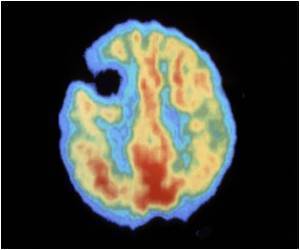Researchers sought to understand the memory of babies by trying to see if they actually remembered objects which are not currently in their view.

However, it was still unknown what babies needed to remember about objects in order to remember their existence.
Now, a new study has found that when babies "forget" about an object, not all is lost.
Melissa Kibbe, of Johns Hopkins University, and Alan Leslie, of Rutgers University, wanted to figure out exactly what it is that babies remember about objects.
For the new study, they showed six-month-old babies two objects, a disk and a triangle. Then they hid the objects behind small screens, first one shape, then the other.
In Kibbe and Leslie's study, babies weren't particularly surprised to see that the shape hidden behind the screen had changed, for example, from a triangle to a disk.
Advertisement
"This shows that even though infants don't remember the shape of the object, they know that it should continue to exist," Kibbe said.
Advertisement
Leslie suspects the brain has a mechanism that acts like a kind of pointer, a mental finger that points at an object. Each finger can only point to one object.
This study shows that the mechanism in the baby's brain that remembers the object doesn't have to remember much about it.
The finding will be published in an upcoming issue of Psychological Science, a journal of the Association for Psychological Science.
Source-ANI









